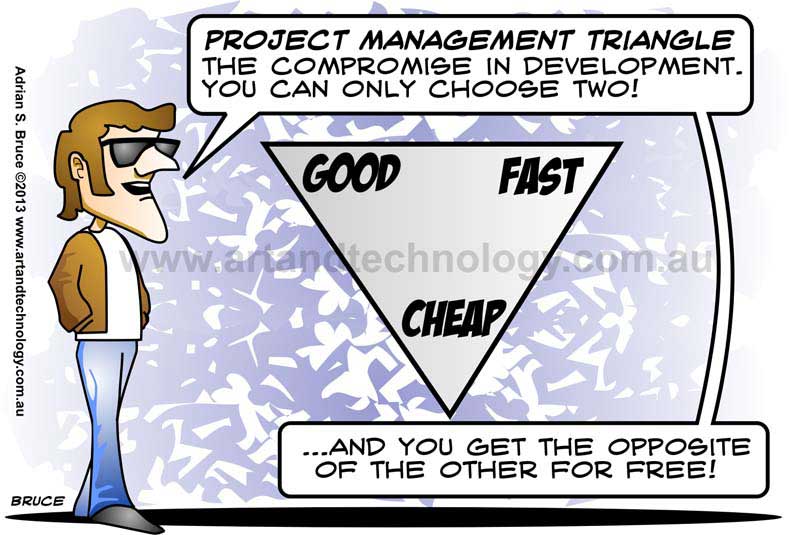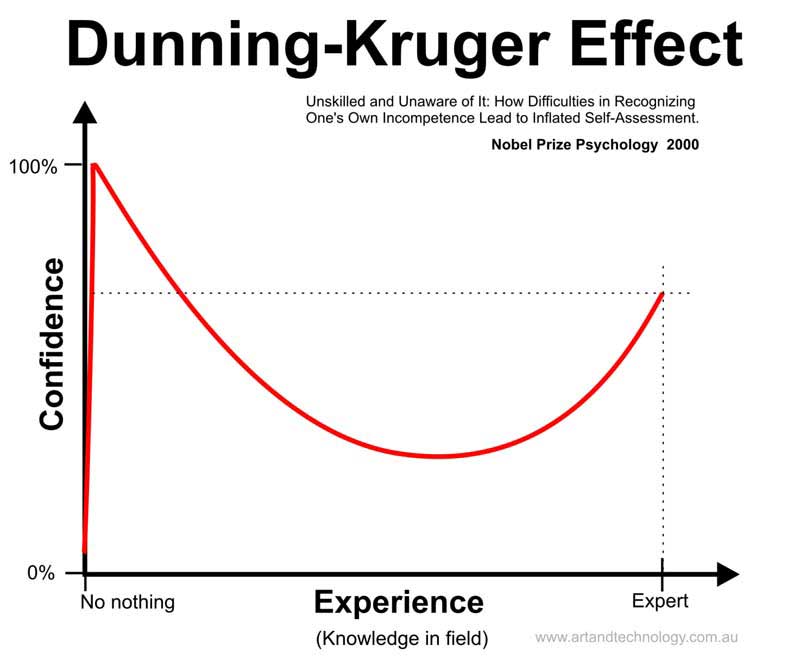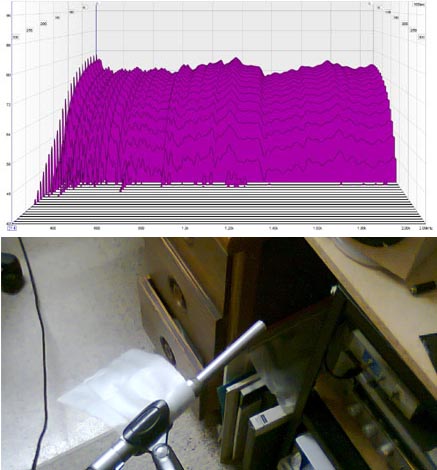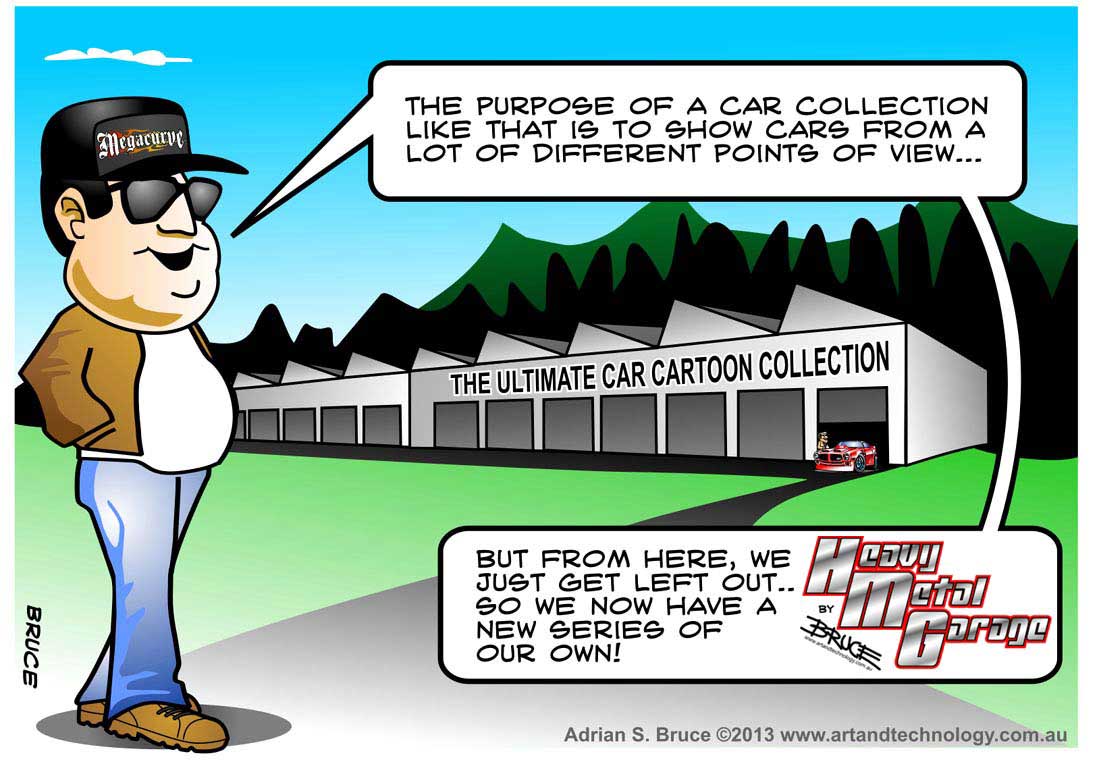 |
| Computer Music Journal |
The International Computer Music Conference (ICMC) was something I attended from 1989 till 1998. The Computer Music Journal is something that I read from many years earlier. It is this interesting blend of
Art & Technology , but with a very academic bend, as the labs are in universities and the papers are thesis, or other academic research papers.
Always something technically interesting. Having said that, I rarely found any of the music interesting. I usually avoided the concerts at the ICMC. I'd go in thinking it might be better this time, but , no they never were.
At the time I was going to the ICMCs I also very involved with Smalltalk and the Lisp systems that were in vogue. These were music construction workbenches. I developed my own research system in
Smalktalk /V that talked with MIDI and DSP hardware.
I haven't done much along those lines recently, and basically find
Reaper ,VST based instruments and effects mixed with real guitar and bass to be effective and productive.
But musical inspiration is a very strange thing.
The things I have done just come from somewhere. A mash of what I've heard over a life time mixed with what I have the ability to play, and the instrumentation I do, I expect. And some times inspiration just doesn't happen. I have quite a few tracks that are works in progress (WIP) that I just stopped working on as they were just rubbish, and didn't say anything to me.
Now, Computer assisted composition is still an interest. Riff-ology and my own AIMusicBook looked very much like
GarageBand does today, decades later. I didn't use sampled phrases though, but midi phrases, either entered into a database or algorithmically generated. It was amazing how 1/f noise (actually random numbers) filtered and constrained to a scale makes interesting melodies.
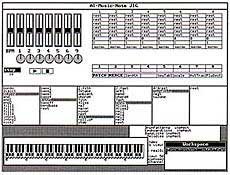 |
| AIMusicBook |
This shot of AIMusicBook shows a scale on the keyboard, the central phrase selection and area (very much like in EZDrummer today) and a sequencer section top right. This was all Smalltalk/V so executing code in the Workspace window was all part of the fun as much as the graphical controls.
Jan Hammer used algorithmic tools to help with doing the
Miami Vice soundtrack stuff. He used the far from sexy
Dr. T Software on a
Commodore 64. Or rather just the
Algorithmic Composer, Phrase Generator that he recorded into another sequencer (Magnetic Music's Texture on a IBM PC). See
Keyboard magazine June 1987, page 51.
 |
| Tunesmith |
{ an interesting aside: Keyboard magazine June 1985, page 48 has another interview on the Miami Vice music, and it is more about that he did his own mixing and mastering for it to sound good on a mono 3" speaker. It was also broadcast in mono.. }
Now the thing about Jan Hammers, music is that it is something I do listen to, still listen to, unlike the ICMC stuff. Shall we say it is an issue of taste and style.
At that time there was also algorithmic composition software
M and
Jam Factory on the Mac. None of those software tools are available now.
David Cope has also done classical composition, but again in an academic environment.
Maybe the option of computer assisted composition targeted at rock, metal, dance, techno etc is an option again in the current VST DAW world? The
KARMA system was licensed by Korg and put in some of their workstations, but is not available in any DAW compatible form. There are enough sampled phrase based music construction kits around to show there is a market.
I just don't know if it is big enough to be a business. I do know that selling it from our own website that is possible now, removes the huge barrier of distribution and "available shelf space" that were a problem in 1987.
Contact us at
Art & Technology.






